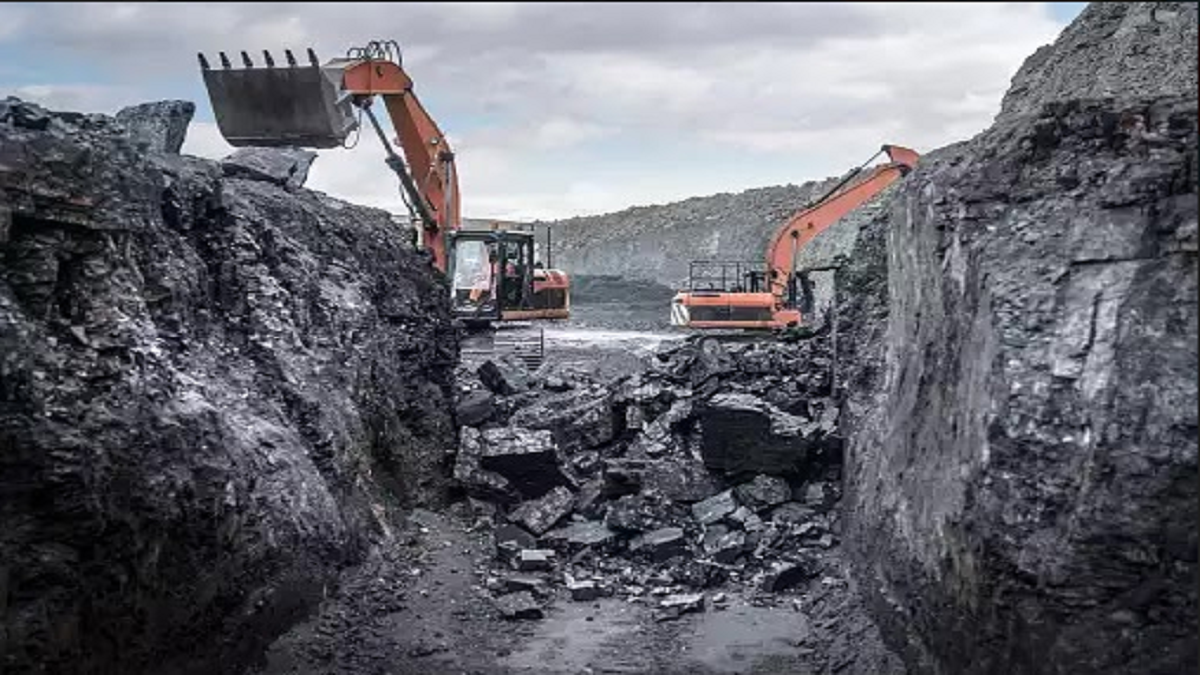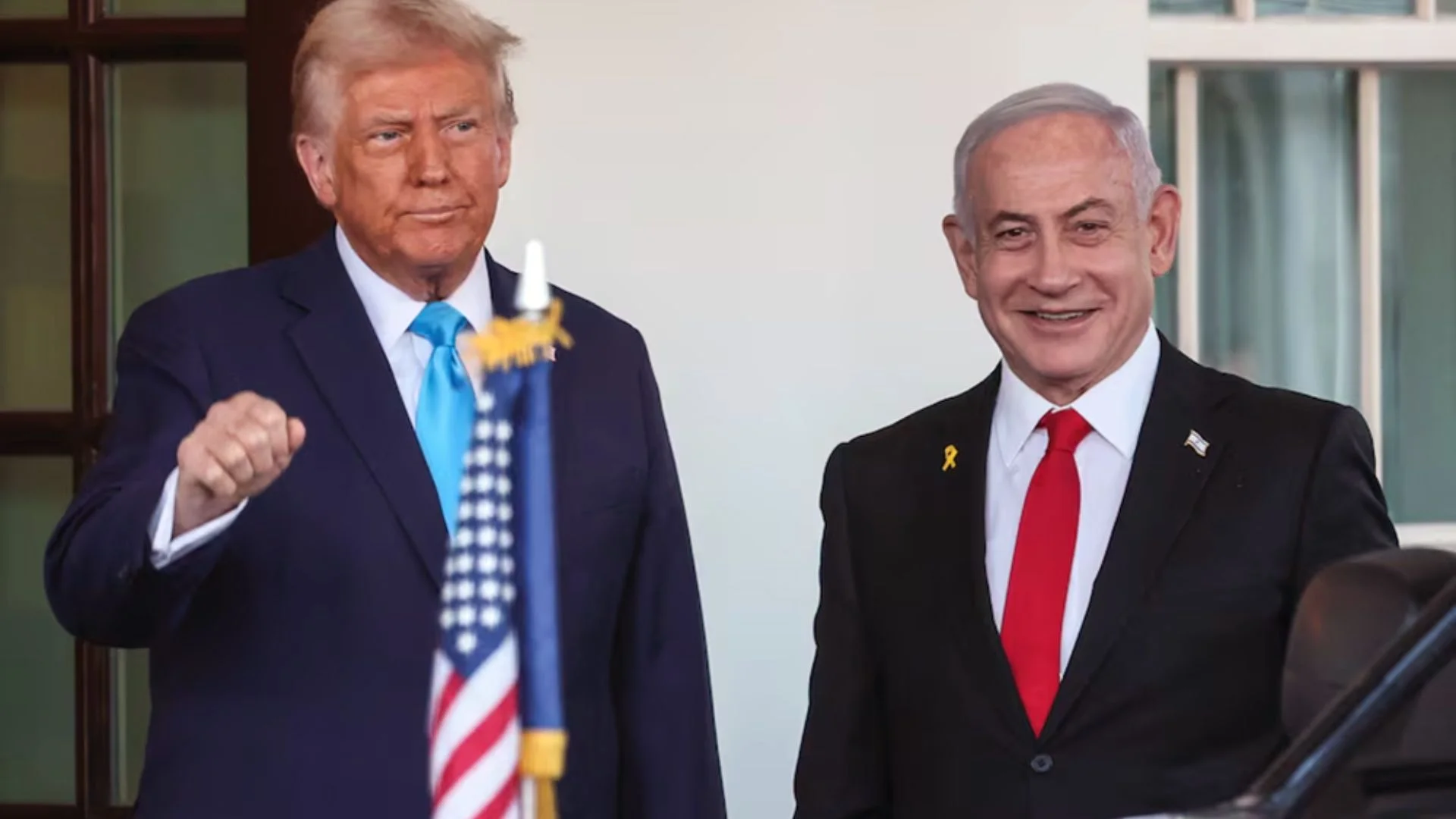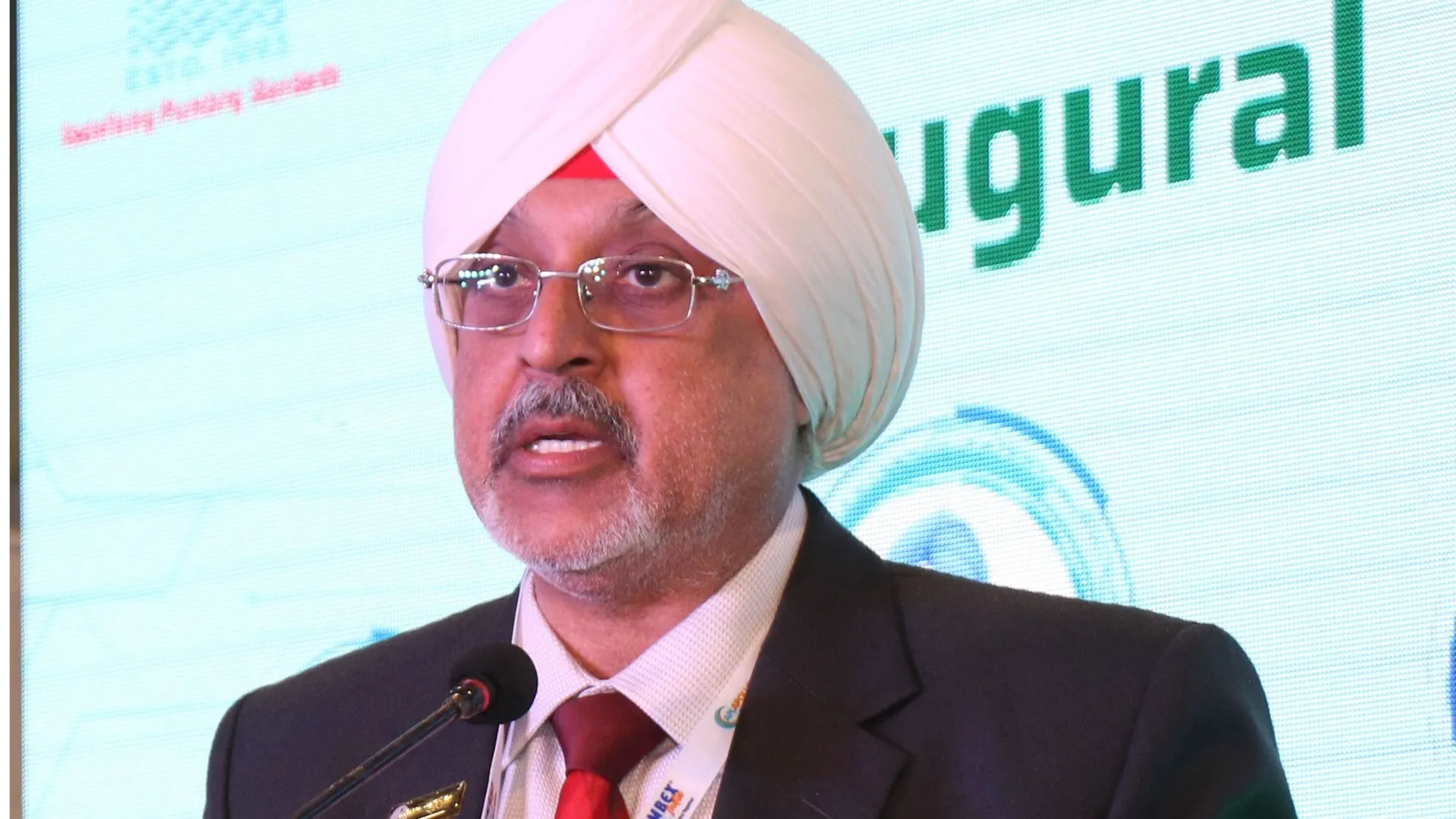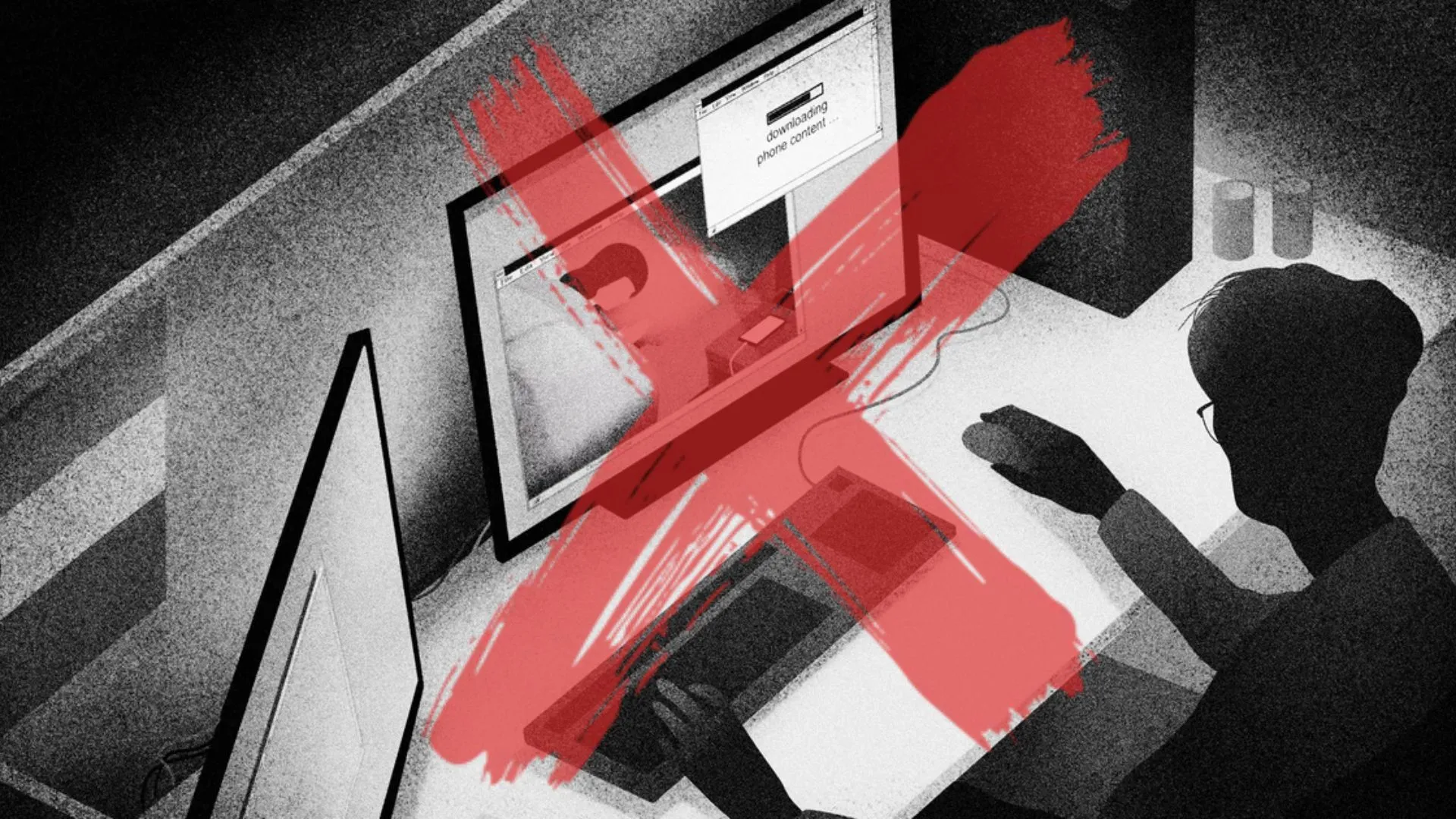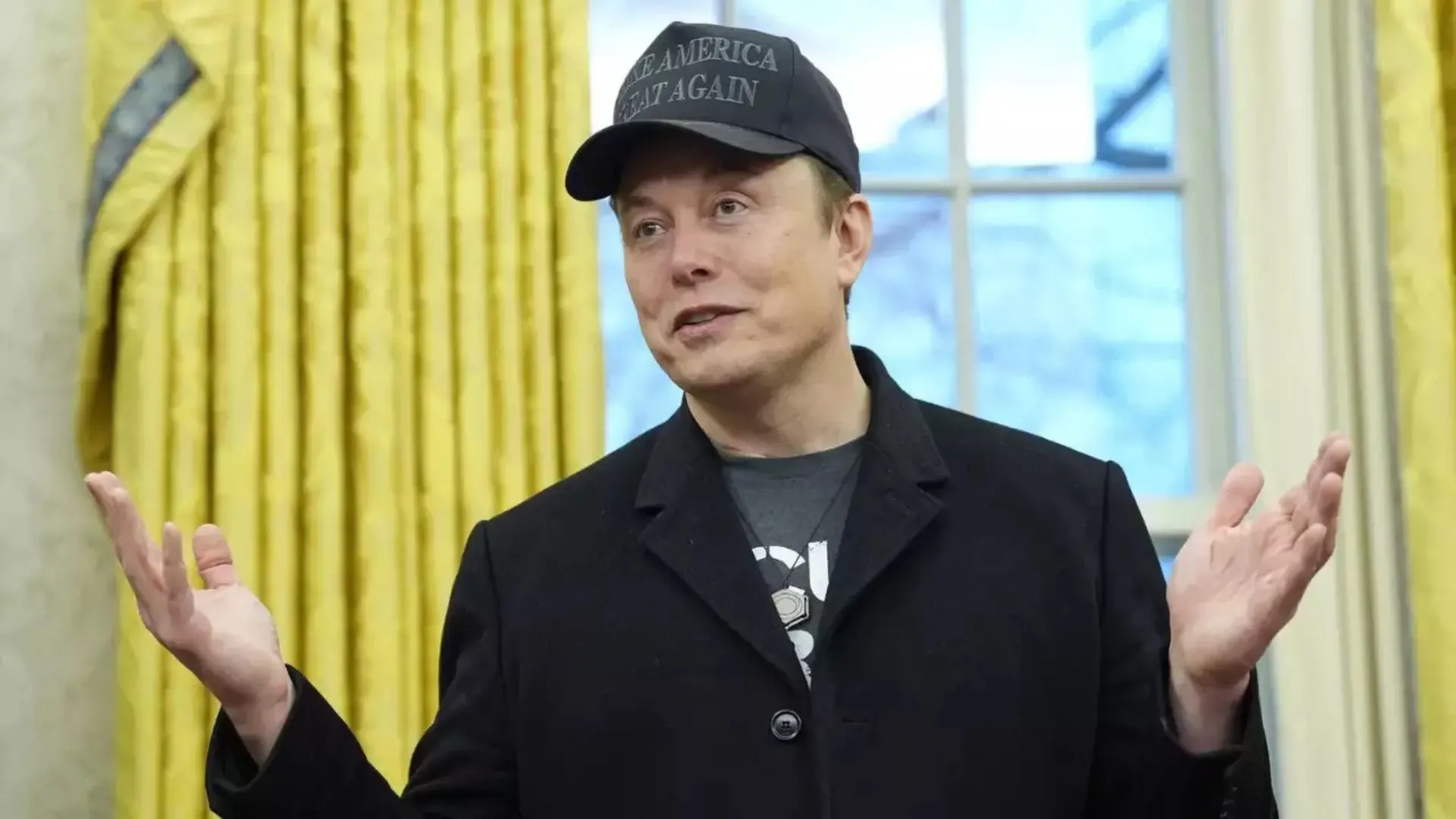“We make toilets, we also produce coal.”
This was the tagline that was proposed for Coal India Limited (CIL), the principal coal producer of the country, in an informal discussion. Everyone laughed but for me it was no laughing matter. The tagline was suggested to convey a message but I wondered whether it served any purpose because no one was prepared to think beyond what they were told to do and even if they thought, didn’t have the courage to speak up. Swachh Bharat was indeed an extremely laudable programme (continues to be one) and deserved every possible support but to force the managers of CIL to scout for locations and supervise the building of toilets went much beyond what could be expected of these officers. On the other hand, the country was reeling due to the shortage of coal. CIL was unable to meet the demand of supplying around 800 million tonnes of coal per annum to power plants. The shortage had also led to scams as everyone who required coal was desperate to lay its hand on any coal block by whatever means. Ironically, the country was sitting on 300 billion tonnes of coal reserves and we are expecting those responsible to dig deep for excavating coal to find locations where shallow soak pits could be dug!
When I took over as Secretary, Ministry of Coal, Government of India, the crisis was at its peak. Alleged scams had been unearthed. Supreme Court had cancelled all the 204 coal blocks that had been allocated since the 90s, going much beyond what even the rampaging CAG had recommended. Some of these coal blocks were producing coal. Consequent upon these cancellations, most of them stopped production since the 1st of April, 2014. This meant an estimated reduction of around 90 million tonnes of coal production. More than 20 power plants were critical for want of coal. There was panic in the States on account of poor supply.
A detailed action plan was worked out after identifying the causes of lower coal production. The focus was on land acquisition. Intensive engagements with the States helped as the positive value proposition of the exercise was clearly conveyed to them. Meetings were then held at the State level and with the Collectors / Deputy Commissioners to expedite processes. This yielded the desired results as Coal India went on to acquire more than 5000 hectares of land in the year 2014-15. A similar effort was made to facilitate environment and forest clearances as most of the coal-bearing area lay under forest cover. This also worked out as clearances were obtained for more than 3000 hectares during the year. Coordination with the Railways helped in increasing evacuation of coal. All this led to an increase in production by 34 million tonnes during 2014-15 which was more than the cumulative increase during the previous four years.
Subsequently, during 2015-16, this production increased further by another 44 million tonnes. The crisis had been successfully managed and now no power plant was critical for want of coal. The import of coal came down substantially and Coal India was even toying with the idea of exporting coal to Bangladesh!
As Coal India was preparing itself to enhance excavation of coal to reach record highs during the next financial year, came this much-needed focus on ‘Swachh Bharat’. However, whether the officers of the PSU should have been driven to treat this as a priority instead of focussing on coal production was the point of contention.
Civil servants normally do not contest when the directive is from “above” but I made my reservations known during meetings. I was all for the ‘Swachh Bharat’ movement. I also felt that Coal India Limited should contribute financially as a part of its corporate social responsibility (CSR), but I had serious reservations about the engagement of coal mine managers to go around locating schools and supervising the building of toilets in them. This was neither their job nor their area of expertise. All this forced activity impacted coal production subsequently. I resisted as much as I could till I was the Coal Secretary but I was shifted out of the Coal Ministry once the coal position in the country became comfortable. The process of auction of coal blocks had also become seamless and transparent through use of technology. I got to know later when I had taken over as Secretary, School Education and Literacy that the coal production did not keep pace with the demand and the crisis re-surfaced.

There were many reasons that contributed to the recurrence of the crisis but the shift of focus from coal production to constructing toilets by the managers who should have been engaged in supervising of digging coal instead of supervising the digging of soak-pits was certainly one of the major contributors. The absence of a regular Chairman, Coal India for almost a year and the shuffling of Coal Secretaries didn’t help matters either. Swachh Bharat became a huge success because of the leadership provided by the redoubtable Parmeshwaran Iyer but coal production never grew at the rate at which it had grown during 2014-2016.
Anil Swarup has served as the head of the Project Monitoring Group, which is currently under the Prime Minister’s Office. He has also served as Secretary, Ministry of Coal and Secretary, Ministry of School Education.

